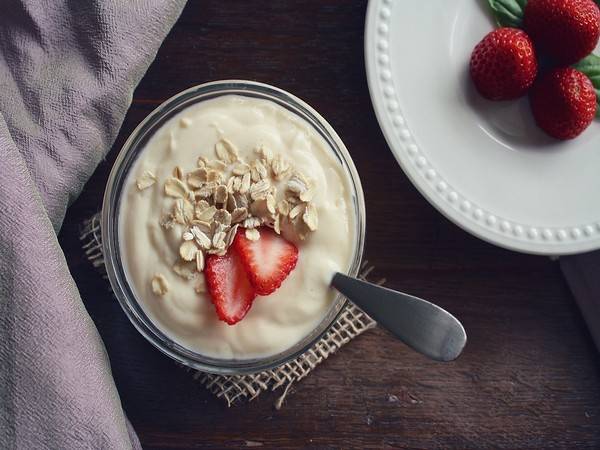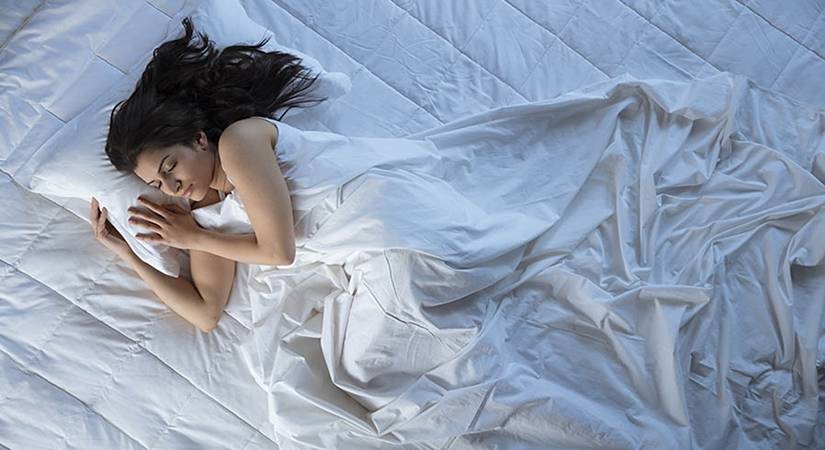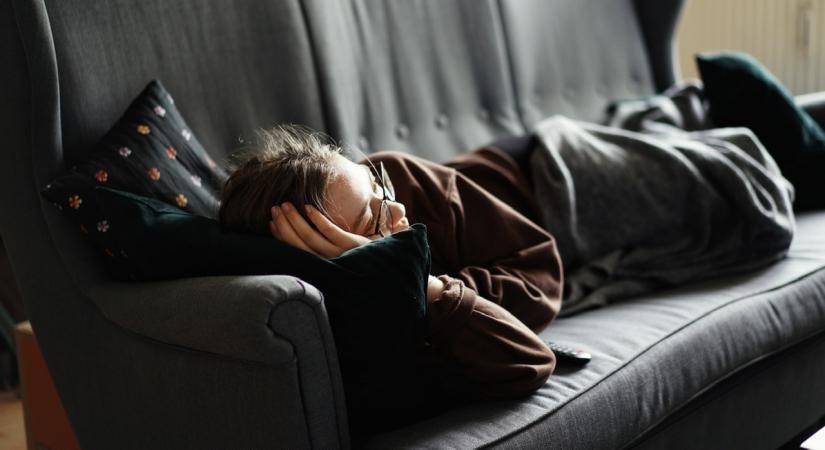Such free hobbies tend to keep your body and mind grounded and generate a sensation of rest. To some extent, meditation and yoga may also fall into this parlance…reports Asian Lite News
Rest has been termed a necessary factor for healthy function and life. However, if you are involved in intensive training, trying muscle building as a hobby or even simply coping with an illness, rest and recovery should become your focus.
Following a proper rest and recovery regimen allows you to recover faster, avoid muscle stress and injuries, and stay active for longer hours. Vijay Thakkar, founder, 48 Fitness shares five essential elements for the scientific process of rest and recovery:
The Sleep Rhythm: Sleep has been described and understood as an important element of rest and recovery. Though, it’s just not enough to sleep for eight-nine hours every day, the quality of sleep matters as much as the quantity. Some studies also point to a third angle in the equation – other activities.

The amount of sleep you need will depend on your lined up activities which require your complete focus and mental or physical strength. For instance, an athlete preparing for a competitive tournament should do well with a nine-hour sleep. However, an academic preparing for a competitive exam will do better with just seven hours.
So, your sleep patterns have to be personal depending on your age, occupation, and living environment. Idea is to ensure a high level of alertness, energy and focus while awake. Studies have also found napping to be a phenomenon to supplement your sleep deprivation.
Perceived Pleasure Activity – Hobby: Creative activities like painting, playing a musical instrument just for pleasure and activities like reading a book, walking in a garden etc. have been found to calm your mind and rejuvenate your energy.
Even for sportspersons involved in high-intensity physical activities, short periods of low-intensity exercise has been useful in improving muscle damage and recovery. More scientific definition classifies such activities as any activity which is simple to do, is different from your normal engagements, and you can start without pressure or time constraints.
Such free hobbies tend to keep your body and mind grounded and generate a sensation of rest. To some extent, meditation and yoga may also fall into this parlance.
Physical Stimulation: Physical stimulation has been an active way of removing inflammatory biomarkers and muscle damage indicators from the bloodstream of sportspeople. One of the oldest and most popular methods of physical stimulation is massage.
Massage has been the most effective method of aiding recovery in sportspeople. The use of massage therapies has been popular for chronic pain like headache, lower back, neck and shoulder pain.
However, evidence strongly supports massage therapy for recovery after a high-intensity physical workout. Other methods of physical stimulation include cold showers, stretching and water immersion.
Hydration: Stress induces a series of bodily functions which intensifies dehydration. Whether in sports or normal day to day functions, hydration plays an important role in replenishing the body and managing stress.
Under normal duress, while you are busy with work or handling daily challenges, forgetting to drink water also leads to dehydration. Not that it has a long-term effect but, it can add to your stress woes.
Staying hydrated will help you keep the cortisol levels in check. Cortisol is the chemical our body produces when under stress. Cortisol production drains the electrolytes from your body. Drinking adequate water helps maintain the electrolytes and reduce the negative impact of stress on your physical and mental capacities.
Nutrition: Nutrition is an obvious part of your overall health and an important element in recovery. But, rest? Does nutrition play a role in keeping you relaxed and rested? Turns out, it is not only important for replenishing the body, but it also affects your sleep quality.

Studies have associated high fibre, healthy fats, and vitamin-rich vegetables with good quality sleep. On the other hand, higher trans fats, sugar and non-fibre intake results in more waking bouts during sleep,i.e. low sleep quality.
Thus, fruits, veggies, high fibre foods, nuts and a smart mix of seeds and dairy are all necessary for the nutrients and rest that your body needs.
ALSO READ-Potential skincare trends to create a buzz in 2022


















